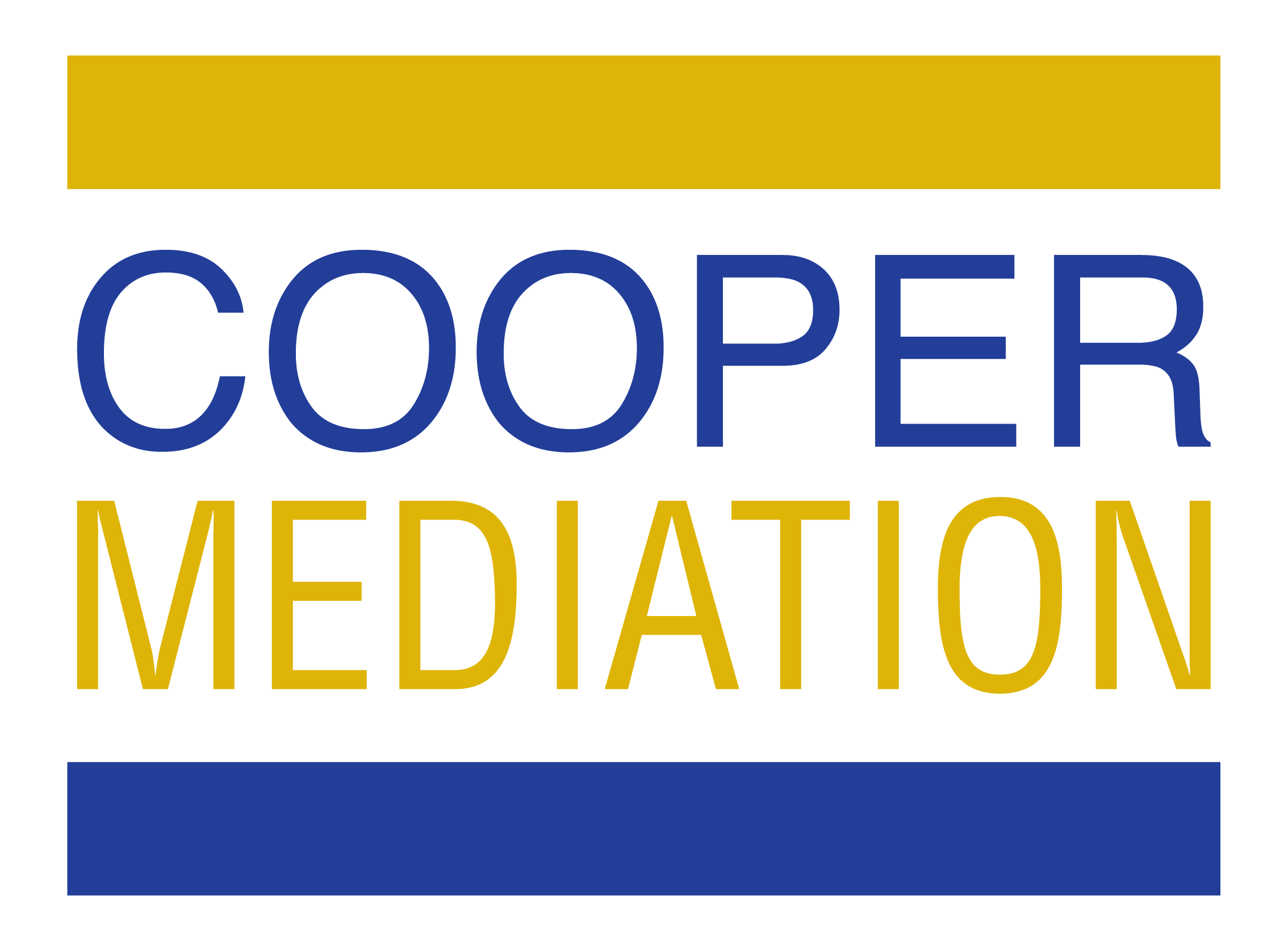
04 Jul Setting Up For Success: Top Tips Before and At Mediation (Plaintiff Perspective)
In order for you to achieve the best possible result for your client at mediation, you need to ensure that two things which are beyond your control are managed to their best effect. These are reserves and authority.
In this post I provide tips for setting up your mediation for success, both before and during mediation.
1. Avoid Late Material / Reports
While it is preferable to have supplied defence counsel and the insurer with your experts’ reports and the ancillary evidence long before the mediation, so that appropriate reserves are in place, timely delivery of these materials at least 30 days before mediation may allow some insurers to adjust reserves; 60 to 90 days in advance of mediation is preferable.
2. Conduct a Settlement Meeting with Defence Counsel Before the Mediation
If used correctly, this gives you a chance to preview your opening demands which may help with reserves and authority. It gives you a chance to hear defence counsel articulate their position (which should assist you in the preparation of your brief, your opening statement or your reply). The pre-mediation settlement meeting may shine a spotlight on the holes in your client’s case that you need to address. You may settle some of your cases at this early stage.
3. Know Your File
Specifically, it is advisable to know:
- The strengths and weaknesses of your client’s case.
- Your client’s personal characteristics, their emotional and psychological strengths and weaknesses.
- Your opponent’s weaknesses and tendencies.
- As much as possible about the insurer’s practices and protocols for analyzing, reserving, adjusting and resolving claims.
4. Know the Realistic Value of Your File
Realistically evaluating your client’s claim can be compared to putting on a golf course. The best putters look at a putt from several directions. They look at the surrounding contours of the landscape. The same approach applies to the valuation of your client’s claim; you must evaluate your client’s claim from all perspectives.
5. Prepare Your Client for Mediation Early and Often
Plaintiffs are the only true wild card at mediation. Everyone else should be a claims professional to some degree. Consequently, plaintiffs need special preparation long before the mediator’s opening statement. Spend time with the client to explain the process and to gauge and manage their expectations. Prepare them for what they can expect to hear from the mediator and opposing counsel.
6. Prepare Your Client for the Negotiation
Explain the concepts that will drive the evaluation, negotiation and resolution of their claim. These concepts or issues include non-pecuniary general damages, the cap on general damages (if appropriate), the deductible, the threshold, the evaluation of economic losses (past loss of income, future loss of income, present values and discount rates, future care costs, accident benefit claims and issues and so on.
7. Master the Math
In personal injury and insurance cases, math, accounting, taxation and present value calculations are critical to understand. If you don’t have a head for figures, hire appropriate experts.
8. The Great Disbursement Debate
There are competing views whether to supply your list of assessable disbursements with your brief. Some are concerned that insurers with all inclusive authority at mediation will effectively “borrow” from dollars that would ordinarily be spent on claims to cover assessable disbursements if they know the magnitude of the disbursements early on in the process. I believe that the assessable disbursement list or estimated assessable disbursement figure should be provided to the defence in advance of mediation so that adjustments can be made to authority.
9. Outstanding Undertakings and Inappropriate Refusals
Production requests are made at / or before examinations for discovery. If they remain outstanding, then defence counsel and the insurer are bound to infer that the missing documents must be hurtful to your client’s case and helpful to their case. This creates an unnecessary impediment to resolution at mediation.
10. Opening Statements
Determine what you can realistically hope and expect to accomplish and set off down that path. Avoid the temptation, however great, to denigrate opposing counsel, their experts, the insurance company or the positions take on the other side of the case.
Follow the principles of primacy and recency – start and finish with strength or with what matters most.
11. Timing and Quantum of Offers
There is no good excuse for a lengthy delay in preparing your first demand – these figures should have been delivered at the pre-mediation settlement meeting or in a pre-mediation settlement proposal or in the brief. Thereafter, the speed with which you respond to defence offers is subject to the “Goldilocks” principle – the wait should be not too long, not too short but just right.
I believe the key to a series of offers is to project to the opposition or the mediator where you are going (be that an accurate projection or otherwise).
12. Listening Skills
My late grandfather had two expressions which I remind myself from time to time: “You have two ears and one mouth. Use them in those proportions” and “You can never listen yourself into trouble.” Listen for cues and clues as to where the opposition may be going and how you can successfully steer the mediation.
13. Prepare! Prepare! Prepare!
Need I say more?
14. Be True to Yourself
Everyone has their own style of advocacy. Your presentation and demeanour at mediation, and probably in all aspects of your life as an advocate and in all walks of life, have to suit your personality and makeup. Play to your strengths and know and compensate for whatever weaknesses you may have.
15. Courtesy
Please don’t look at your watch or phone when someone else is speaking. Be attentive.
16. Collegiality
You can have civil, cordial or amiable relations with the opposition. A little collegiality can make the process go a lot smoother. You can disagree with the other side but you need not be disagreeable.
17. Your Beliefs / Thoughts Don’t Matter
It matters not what you believe. It matters what you can prove or make a judge or jury believe.
Conclusion
To be a “mediation survivor,” you must: Outlast, Outsmart and Outwit.
If you’d like further tips, click to read the full article.
 ABOUT THE AUTHOR
ABOUT THE AUTHOR
Vance Cooper of Cooper Mediation Inc. is principal of Cooper Mediation Inc. Vance devotes 100% of his professional time to mediating and arbitrating primarily personal injury and insurance cases. He serves as an arbitrator in loss transfer and priority disputes under the Insurance Act.
Vance can be reached at vance@coopermediation.ca or (647) 777-4011. To schedule a mediation with Vance, visit: http://coopermediation.ca/vances-online-calendar/.
